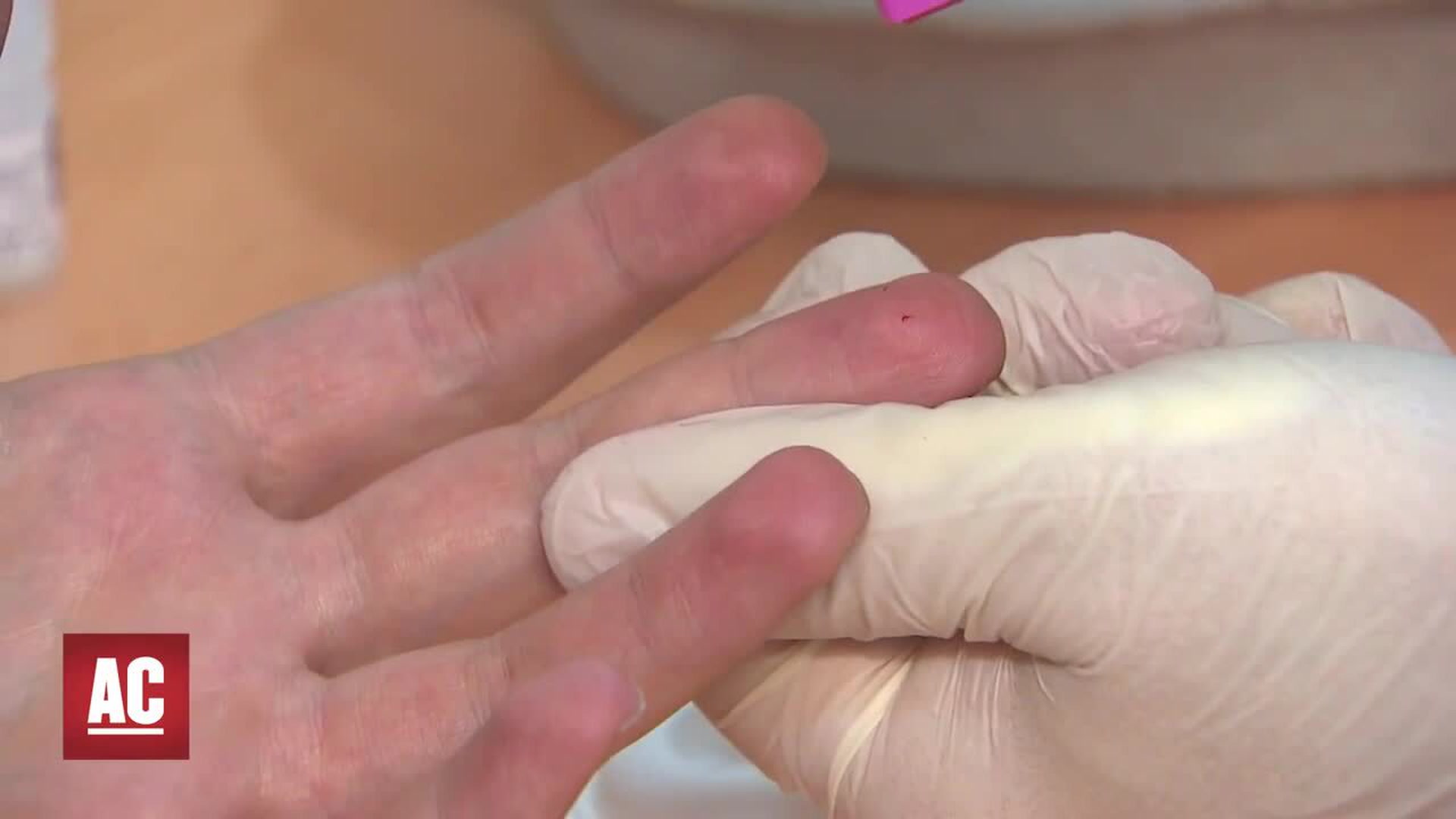Black Americans and other minority groups report higher levels of unfair treatment when seeking health care, according to a survey from KFF, an independent source for health policy research, polling, and journalism.
The 2023 Racism, Discrimination, and Health Survey is an effort by KFF to document the extent and implications of racism and discrimination, especially in people’s interactions with the health care system. The data within the survey is based on responses from over 6,000 adults. The races that were surveyed include Hispanic, Black, Asian, and American Indian and Alaska native (AIAN).
The survey was broken up into three different sections. The first one focused on how social and economic circumstances, and feelings of safety for those different groups in the U.S., differ from white individuals in ways that reflect underlying structural inequities.
The second then examined the experiences with interpersonal racism and discrimination in daily activities, and impacts of these experiences on well-being and stress. The final section looked into the experiences with racism and discrimination in health care settings.
The polling discovered that Black Americans reported being treated unfairly or disrespectfully by a healthcare provider in the past three years due to their race or ethnic background more than any other race.
Helping those affected by HIV in the Latinx Community

The survey listed that one in five back adults, or 18 percent, reported experiencing this treatment due to their race compared to one in ten Hispanic (11 percent), Asian (10 percent), and AIAN (12 percent). It also emphasized that among Black adults, women are more likely than men to state that they were treated unfairly by a health care provider, with a percentage of 21 percent compared to men's 13 percent.
The negative experiences experienced included a provider assuming something about a patient without asking, suggesting they were personally to blame for their health problem, ignoring a direct request or question, or refusing to prescribe pain medication that adults believed they needed.
In addition, 60 percent of Black adults, 52 percent of AIAN, 51 percent of HIspanic, and 42 percent of Asian adults said that they prepare for insults or are overly aware of how they present themselves in front of providers, compared to 33 percent White adults.
In contrast, 90 percent of Black adults who saw a provider of the same background stated that in half of their recent visits, their doctor explained things in a way they understood. 84 percent were involved in the decision making, and 84 percent felt understood and respected based on their cultural values and beliefs.
The result of the negative experiences the survey emphasized is that 25 percent of adults who reported having a negative experience not only had it lead to worse health, but made them less likely to seek care or caused them to switch providers.
“The survey shows that many challenges are shared across all adults, including White adults, but that Hispanic, Black, Asian, and AIAN adults face disproportionate challenges and higher rates of unfair treatment due to their race and ethnicity, which have implications for health and well-being,” the survey concluded.
“The survey results also highlight factors that mitigate some of these challenges, including having strong local support networks and more health care visits with providers who have a shared racial and ethnic background.”


















































